Verantwortlich für das Projekt
Responsible for the project
Dieter Vieweger ist Direktor des Deutschen Evangelischen Instituts für Altertumswissenschaft des Heiligen Landes in Jerusalem und Amman (DEI) und Professor für Altes Testament und Biblische Archäologie in Wuppertal. Er arbeitet seit 1993 an archäologische Projekten im Nahen Osten.
Dieter Vieweger is director of the German Protestant Institute of Archaeology in Jerusalem and Amman (GPIA) as well as Professor for Old Testament Studies and Biblical Archaeology in Wuppertal. He works on archaeological projects in Near East since 1993.
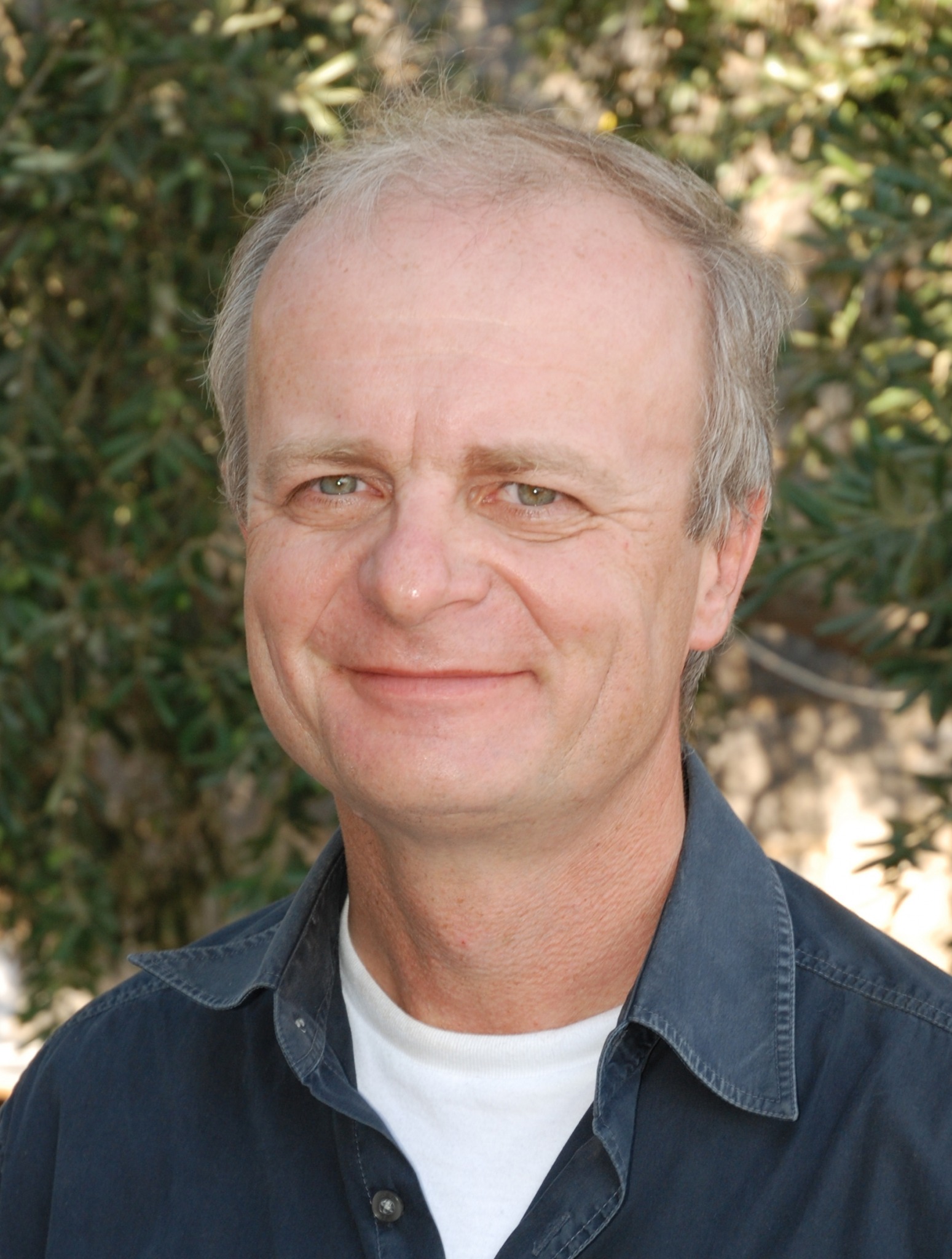
Durchführung des Projektes in Amman
Carrying out the project in Amman
Jutta Häser studierte in Göttingen, Aarhus (Dänemark) und Berlin Vorderasiatische Archäologie, Ur- und Frühgeschichte, Altorientalistik, Archäometrie, Arabistik und Skandinavistik.
Von 2004 bis 2013 war sie Leiterin des Deutschen Evangelischen Instituts für Altertumswissenschaft des Heiligen Landes (DEIAHL) in Amman. Ab 2017 fungierte Jutta Häser als Managerin des Projektes „Documentation of Objects in Jordanian Archaeological Museums (DOJAM) in Amman.
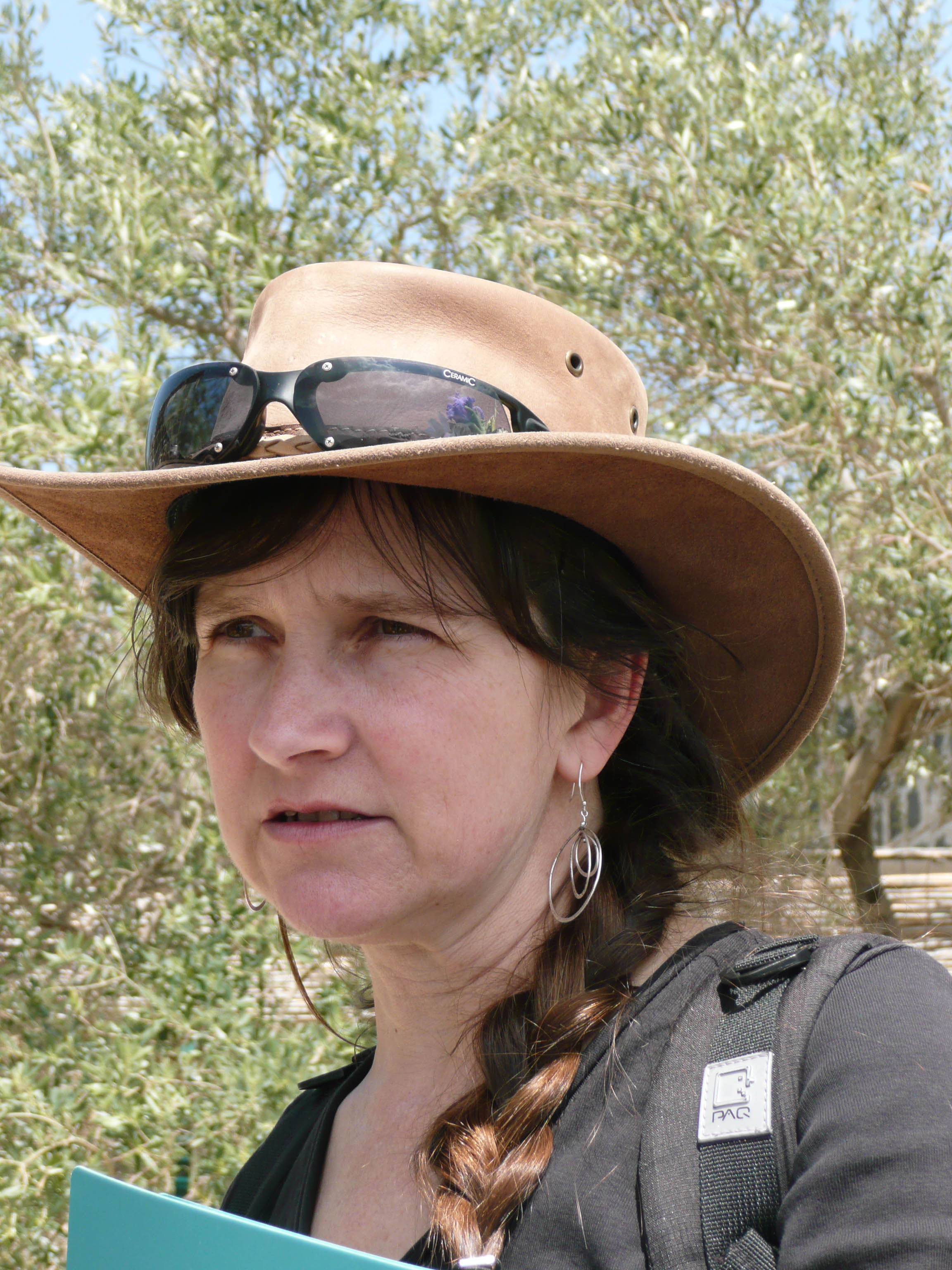
Jutta Häser studied Near Eastern archaeology, prehistory, cuneiform studies, archaeometry, Arab language and Scandinavian Studies in Göttingen, Aarhus (Denmark), and Berlin.
From 2004 to 2013, she was director of the German Protestant Institute of Archaeology in the Holy Land (GPIA) in Amman. Since the beginning of 2017, Jutta Häser has managed the project ‘Documentation of the Objects in Jordanian Archaeological Museums (DOJAM)’ in Amman.
Katharina Schmidt studierte Vorderasiatische Archäologie, Assyriologie und Vor- und Frühgeschichte an der Ludwig-Maximilians-Universität (LMU) in München und an der Sorbonne in Paris.
Von 2016 bis 2022 leitete Schmidt die Zweigstelle des DEIAHL in Amman. Ab 2017 war sie für die administrative Abwicklung von DOJAM verantwortlich, 2021 übernahm sie dann die Koordination des Projektes. Seit 2022 ist Schmidt Direktorin des W.F. Albright Institute of Archaeological Research in Jerusalem.
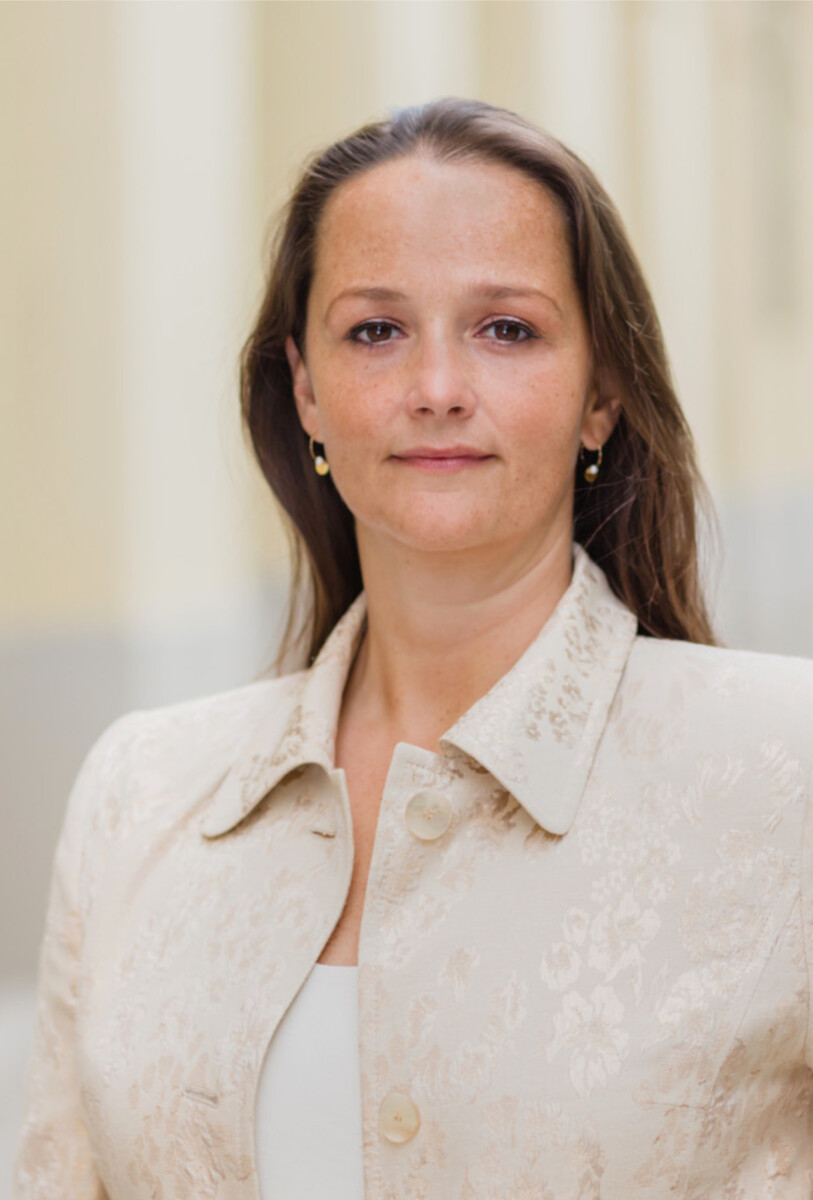
Katharina Schmidt graduated in Near Eastern Archaeology, Assyriology, and Pre- and Early History at Ludwig-Maximilians-Universität (LMU) in Munich and at the Sorbonne in Paris. In 2016, she was awarded her PhD from LMU for her thesis on glass and glassmaking in the Iron Age. From 2016 to 2022, Schmidt headed the branch office of GPIA in Amman. From 2017 she was responsible for the administrative management of DOJAM, followed by the coordination of the project in 2021 and 2022.
Brita Jansen leitet seit 2022 das Deutsche Evangelische Institut für Altertumswissenschaften in Amman. Schwerpunkte ihrer wissenschaftlichen Arbeit sind antike Fortifikationen, Wandmalerei, hellenistische und römische Architektur im Nahen Osten und Archäologie der römischen Provinzen.
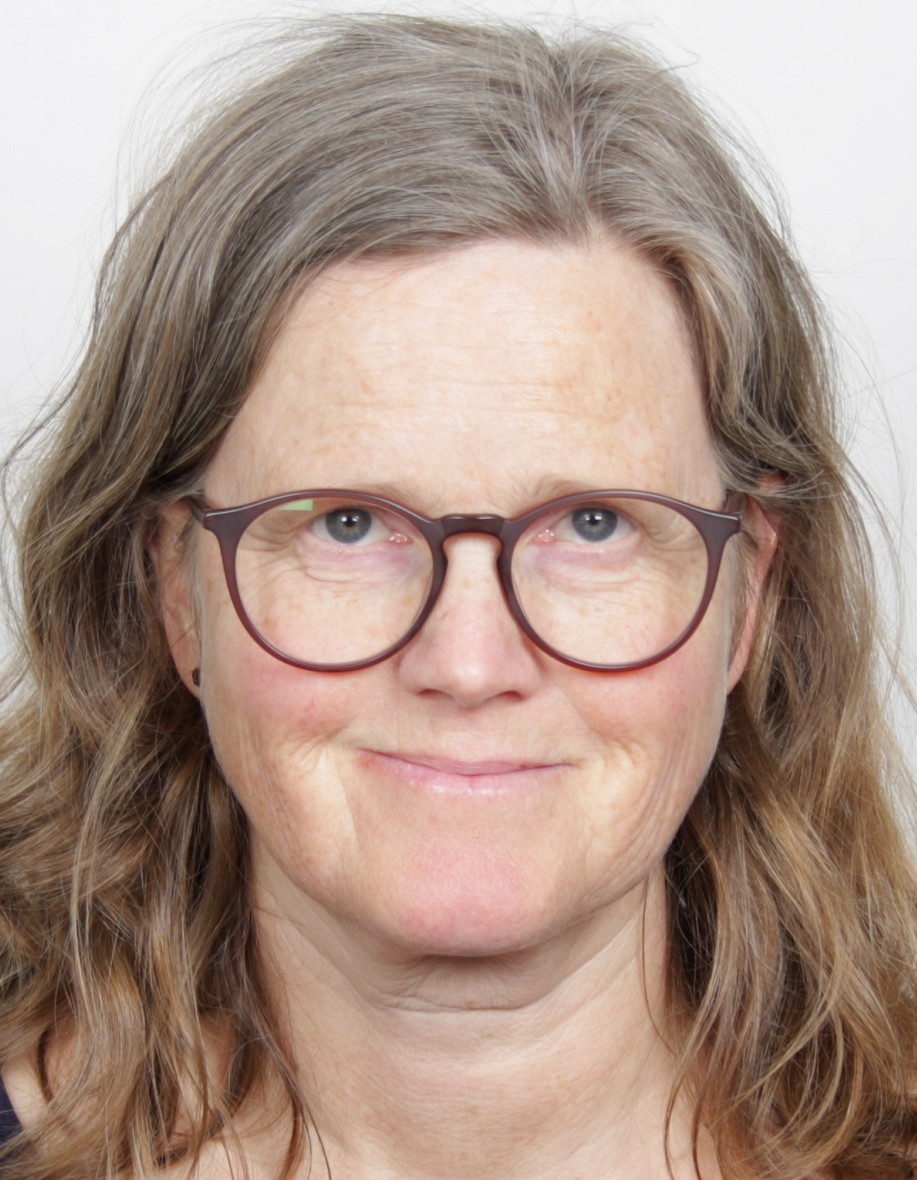
Brita Jansen has been the director of the German Protestant Institute for Classical Studies in Amman since 2022. Her academic work focuses on ancient fortification, wall painting, Hellenistic and Roman architecture in the Middle East and the archaeology within the Roman provinces.
Johannes Kramer
Ausbildung zum Fotografen am Berliner Lette Verein und Studium der Gesellschafts- und Wirtschaftskommunikation an der UDK Berlin. Seit über 20 Jahren Fotograf – vor allem in den Bereichen Wissenschaft, Museum, Architektur, Kunst und Kultur, z. B. Grabungsdokumentation für archäologische Kooperationsprojekte im Mittelmeerraum und in Nahost, Projektfotograf auf der Museumsinsel Berlin, Architekturfotografie für das Bundesbauamt, Fotokonzeption und Realisierung für den T-Com Würfel, EXPO 2000. Diverse Lehrtätigkeiten für analoge und digitale Fotografie und Lehrplanentwicklung für Fotografie in Botswana.
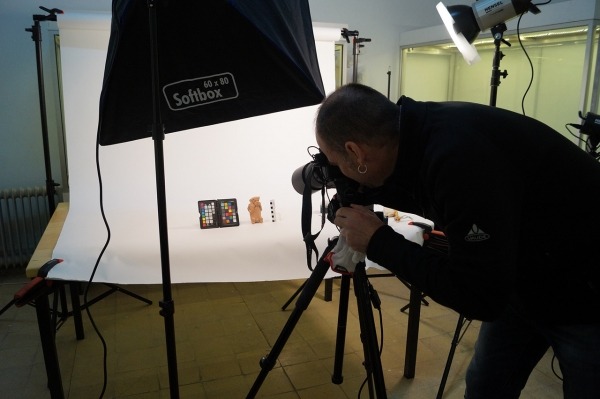
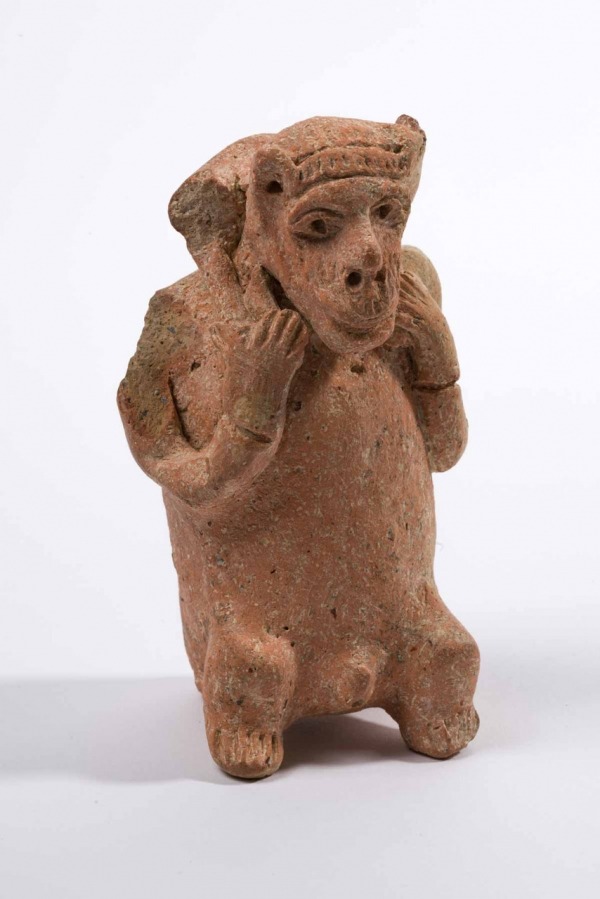
Ziad Aziz absolvierte 1997 seinen „high school“ Abschluss in Amman. Er schloss eine Ausbildung als Restaurator an der Mosaic School in Madaba an. Weitere Ausbildungsgänge in Syrien, Italien und der Türkei erweiterten sein Arbeitsfeld auf Glas, Keramik und organische Materialien. Er wirkte auch als Trainer an verschiedenen kulturellen Institutionen in Jordanien.
Ziad Aziz graduated from high school in 1997. Afterwards, he was trained at the Mosaic School in Madaba. He successfully completed further training courses in Syria, Italy, and Turkey. He extended his field of work to the conservation of glass, ceramic and organic materials. Ziad Aziz acted as trainer at various cultural institutions in Jordan.
Since March 2017, Ziad Aziz works as conservator for the DOJAM project.
Dr. Hashem Khries schloss 2011 seine Studien an der Yarmouk Universität in Irbid/Jordanien mit einem Master ab. Von 2013 bis 2016 promovierte er in Bologna über die Ausgrabungen in Karkemisch. Sein Spezialgebiet ist die persische Periode im Vorderen Orient. Er hat an verschiedenen Surveys und Ausgrabungen in Italien und Jordanien teilgenommen. Seit März 2017 arbeitet er als Assistent im DOJAM-Projekt.
Hashem Khries graduated with a Master degree in 2011 from Yarmouk University in Irbid and a PhD degree from Bologna. His special topic is the Persian period in the Near East. He participated in various excavations and surveys in Italy and Jordan. Since March 2017, Hashem Khries acts as assistant in the DOJAM project.
